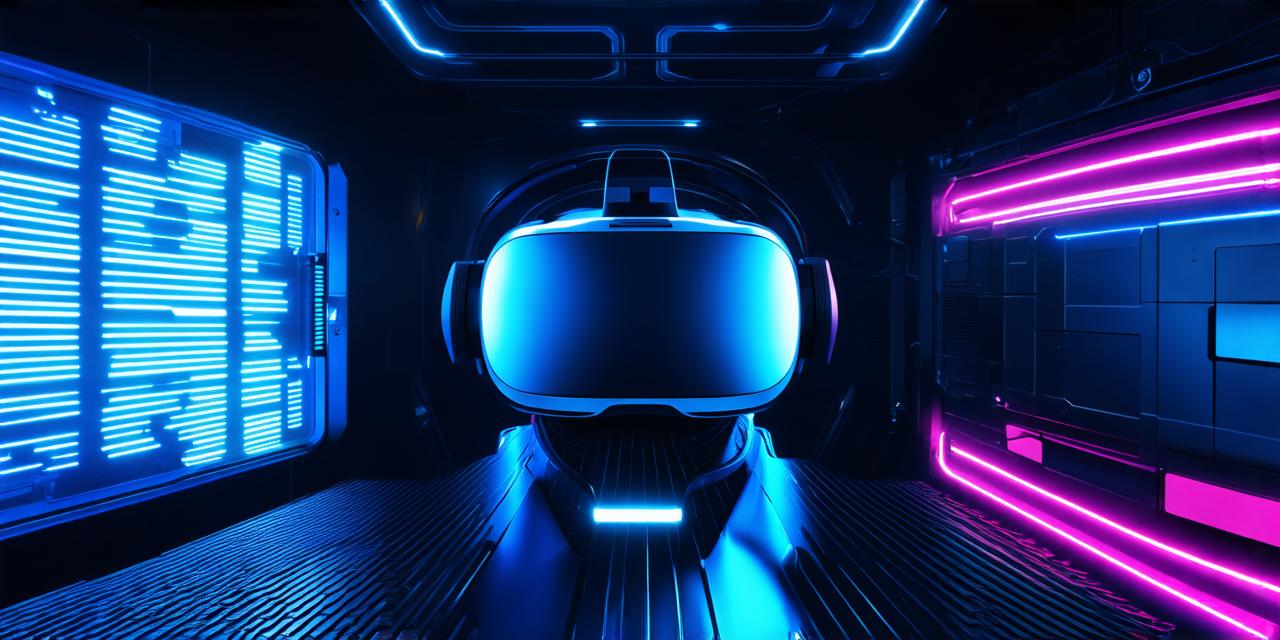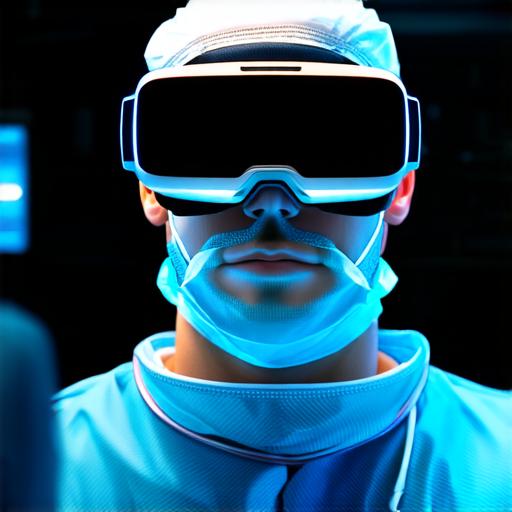
How does virtual reality provide assistance?
Article
Virtual reality technology is revolutionizing the way we interact with the world around us. From gaming and entertainment to education and training, virtual reality is providing new and innovative ways for people to experience immersive environments.
In this guide, we will explore how virtual reality provides assistance in various fields and industries, and how developers can leverage these capabilities to create more engaging and effective experiences.
Virtual Reality in Healthcare
Virtual reality has the potential to revolutionize healthcare by providing patients with immersive, interactive experiences that can help them manage pain, reduce anxiety, and improve their overall well-being. For example, VR therapy has been shown to be effective in treating post-traumatic stress disorder (PTSD) by allowing patients to confront their fears in a controlled environment.
Similarly, VR can be used for pain management by creating distractions that take the patient’s mind off of pain and help them relax.
Virtual Reality in Education
Virtual reality is also being used in education to create more engaging and immersive learning experiences. By providing students with virtual field trips, simulations, and interactive lessons, VR can help them learn about complex concepts in a way that is both fun and memorable.
For example, a history class could use VR to take students on a tour of ancient Rome, allowing them to explore the city’s landmarks and monuments as if they were really there. Similarly, a science class could use VR to simulate experiments and demonstrate scientific principles in a safe and controlled environment.
Virtual Reality in Training
Virtual reality is also being used for training purposes, particularly in industries such as aviation, military, and manufacturing. By creating realistic simulations of real-world scenarios, VR can provide trainees with valuable experience without putting them at risk.
For example, an airline could use VR to train pilots on how to handle different weather conditions or emergency situations, allowing them to be better prepared for real-life scenarios. Similarly, the military could use VR to simulate combat training exercises, providing soldiers with a safe and controlled environment in which to practice their skills.
Virtual Reality in Gaming
Virtual reality is also transforming the gaming industry by providing players with immersive experiences that are unlike anything they have ever experienced before. By creating highly interactive and engaging environments, VR games can provide players with a level of immersion that was previously impossible.
For example, a player could use VR to explore a fantasy world or engage in a high-speed car chase through a city street, all from the comfort of their own home.
Expert Opinions

According to Dr. David Eagleman, a neuroscientist and author of “Incognito: The Secret Lives of the Brain,” virtual reality has the potential to revolutionize the way we learn and experience the world. He believes that VR can help us understand complex concepts by providing us with immersive experiences that can help us better understand how our brains process information.
Similarly, Dr. Richard Wiseman, a psychologist and author of “Quirkology: The Curious Science of Everyday Life,” believes that virtual reality has the potential to transform the way we learn and experience the world by providing us with new ways to interact with our environment. He says that VR can help us understand complex concepts by allowing us to experience them in a way that is both fun and memorable.
Real-Life Examples
One real-life example of virtual reality providing assistance is the use of VR therapy for PTSD patients. The Veterans Health Administration (VHA) has been using VR therapy to treat veterans with PTSD for over a decade, and studies have shown that it can be effective in reducing symptoms and improving quality of life.
Another example is the use of VR in education, where students can take virtual field trips to historical sites or explore scientific concepts in an immersive way.
Virtual Reality in Business
Virtual reality is also being used in business to create more engaging and interactive experiences for customers. For example, a retail company could use VR to allow customers to try on clothes virtually before buying them, providing them with a more personalized shopping experience.
Similarly, a real estate company could use VR to provide virtual tours of properties, allowing potential buyers or renters to see the space as if they were really there.
Virtual Reality in Marketing
Virtual reality is also being used in marketing to create immersive experiences that can help companies engage with their customers on a deeper level. For example, a car company could use VR to allow customers to take virtual test drives of their cars, giving them a sense of what it’s like to drive the vehicle before they make a purchase.
Similarly, a travel company could use VR to provide virtual tours of vacation destinations, allowing potential customers to see and experience the space as if they were really there.
Virtual Reality in Entertainment
Virtual reality is also being used in entertainment to create new forms of immersive experiences for audiences. For example, a music festival could use VR to allow attendees to experience performances in a more intimate and personal way, giving them a sense of being right in the middle of the action.


